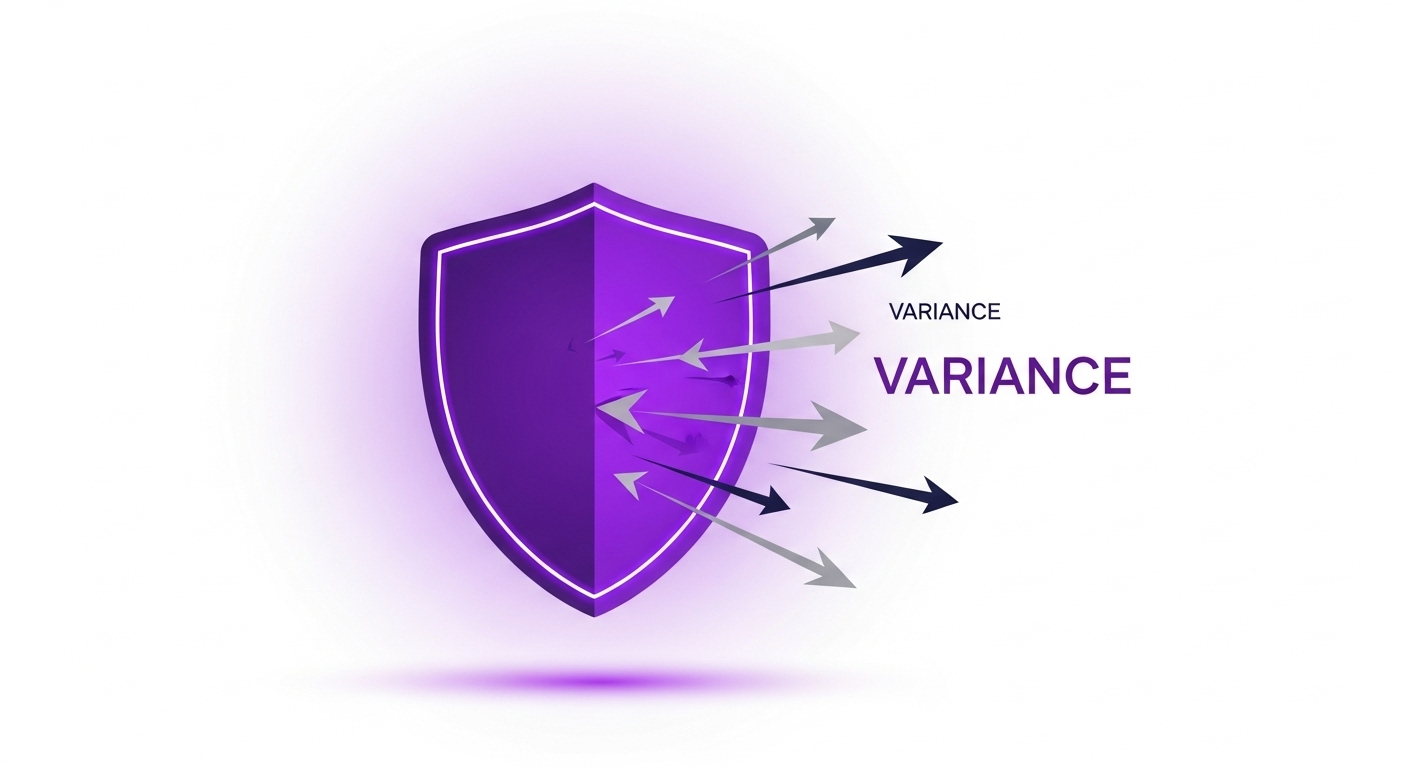Conquering Cognitive Biases: How Data Overcomes Dangerous Instincts

In any high-stakes environment, from the poker table to the trading floor, your most formidable opponent is often not the person across from you, but the flawed wiring inside your own brain. Human beings are susceptible to a range of cognitive biases—systematic patterns of deviation from norm or rationality in judgment. These “gut feelings” and instincts can lead to catastrophic financial and strategic errors.
Recognizing these biases is the first step toward mitigating them. The ultimate solution, however, is to subordinate these instincts to a system of objective, verifiable data. This is precisely why GameMaster360 was created: to serve as your rational co-pilot, navigating the emotional turbulence of competitive play.
1. The Gambler’s Fallacy: “I’m Due for a Win”
The Gambler’s Fallacy is the mistaken belief that if a particular event has occurred more frequently than normal in the past, it is less likely to happen in the future (and vice-versa). After a string of losses, a player might feel they are “due for a win” and start making larger, riskier bets, assuming the odds have shifted in their favor.
The Reality: In games of independent events, like a roulette spin or a dice roll, past outcomes have zero influence on future ones. The probability of red on a roulette wheel is the same, regardless of whether the previous ten spins were black.
The Data-Driven Solution: GameMaster360’s session tracking and analytics don’t measure “luck” or “streaks.” They measure the mathematical correctness of your decisions based on EV. By focusing on the quality of your choices rather than the randomness of outcomes, you learn to ignore the seductive logic of the Gambler’s Fallacy and stick to your proven strategy.
2. Loss Aversion: The Fear of Being a Loser
Psychologically, the pain of losing a dollar is roughly twice as powerful as the pleasure of gaining a dollar. This is Loss Aversion, and it causes players to make irrational decisions to avoid realizing a loss. A player might hold onto a losing investment far too long, hoping it will “come back,” or they might make a terrible call in poker simply because they’ve already invested so much money in the pot.
The Reality: The money you’ve already bet is no longer yours. It belongs to the pot. The only thing that matters is the current EV of your next decision.
The Data-Driven Solution: A rigorous bankroll management plan, enforced by tools like those in GameMaster360, is the perfect antidote. By setting and adhering to strict stop-loss limits, you make the decision to walk away before the session begins. This pre-commitment removes the emotional weight of a losing streak and prevents Loss Aversion from dictating your actions when you are most vulnerable.
3. Confirmation Bias: Seeing What You Want to See
Confirmation Bias is the tendency to search for, interpret, favor, and recall information in a way that confirms or supports one’s pre-existing beliefs. A player who believes they are an “aggressive genius” will remember the one time their wild bluff worked and forget the five times it failed spectacularly.
The Reality: To improve, you must honestly assess all outcomes, especially the ones that challenge your self-perception. True strategic refinement comes from analyzing failures, not just celebrating successes.
The Data-Driven Solution: An objective analytics dashboard is the enemy of Confirmation Bias. GameMaster360 provides an unfiltered view of your performance. It doesn’t care about your theories; it shows you the cold, hard numbers. By presenting your win/loss rates, decision accuracy, and EV in different scenarios, it forces an honest assessment of what strategies are actually working, allowing you to adapt based on reality, not ego.
By building a system of discipline powered by objective data, you can override these flawed mental shortcuts. True mastery lies not in having superior instincts, but in having the wisdom to trust the numbers.


